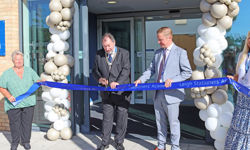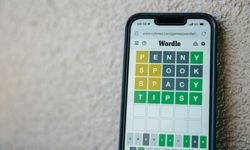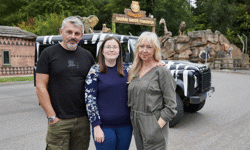Entitled Discover More, the 24-page bi-annual publication and corresponding app are aimed at prospective students, and showcase a range of interesting fields of research and other activities that take place in the UK’s leading universities.
Believed to be the first university publication to incorporate augmented reality technology, Immediate Media Co’s Branded Content team worked closely with the University of Bristol and a focus group of sixth form pupils to develop the style and content of Discover More. Alongside an animated front cover, a number of features within the magazine can be brought to life with a smart phone. Content includes a cow that smiles when stroked, video footage of an erupting volcano and bees that turn into interesting facts when touched.
Julie Williams, Director of Immediate Media Branded Content, commented: “I’m delighted that we’ve been able to create this fantastic product for the University of Bristol. The augmented reality technology allows readers to access a range of exciting ‘hidden’ content throughout the magazine, and clearly demonstrates the University’s commitment to communicating to prospective students through truly innovative multi channel platforms."
David Alder, Director of Communications and Marketing at the University of Bristol, said: "We wanted to provide sixth form pupils with an interesting insight into some of the research carried out at universities like Bristol, and to do so in a way that would be both engaging and fun. The input of sixth form pupils into Discover More has and will continue to be an extremely valuable part of the process."
The first issue of Discover More is being distributed to sixth forms across the UK to coincide with the start of the summer term, and includes articles on Bristol's new sleep research centre, how the toxins in a honeybee's sting could change medicine, and how scientists are researching animals' feelings.










